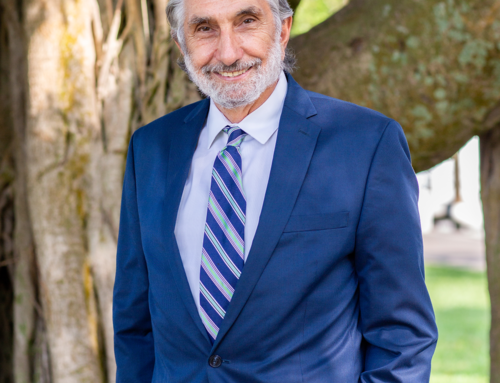U.S. Citizenship and Immigration Services (USCIS) has begun executing new policies recently that increase access to legal immigration status, employment, and humanitarian immigrant protection for individuals previously blocked from immigration benefits.
These most recent developments include a change to Temporary Protected Status (TPS) for Haitians, a more rapid route for green cards applicants to obtain Social Security cards, a newly implemented policy on U.S. citizenship for minor children born abroad, and Deferred Enforced Departure (DED) for Hong Kong residents.
TPS for Haitian Immigrants
(Temporary Protected Status)
On July 30, USCIS announced that Haitians currently in the United States could apply for TPS if they meet eligibility requirements.
TPS is a temporary immigration status offered to nationals whose countries of origin are experiencing issues that make it either challenging or unsafe to be deported. TPS permits those who qualify to live and work in the United States for a specific period of time.
Haitians were last offered TPS in 2010 following a devastating earthquake that killed thousands of people. DHS renewed the designation until 2017, and a court allowed the designation to continue beyond its expiration date. On May 22, Secretary of Homeland Security Alejandro Mayorkas declared the renewed TPS designation for Haiti. The designation allows Haitians to renew a current TPS status and other Haitians to apply for the first time. Mayorkas explained that the TPS was necessary due to Haiti’s “serious security concerns, social unrest, an increase in human rights abuses, crippling poverty, and lack of basic resources, which are exacerbated by the COVID-19 pandemic.”
Haiti’s TPS designation will be valid for 18 months. USCIS has reported that the designation will permit approximately 155,000 current Haitian immigrants to stay and work in the country until February 3, 2023. The Biden Administration has put similar provisions to protect immigrants from Burma, Somalia, Syria, Venezuela, and Yemen.
Deferred Enforced Departure (Hong Kong)
USCIS has begun receiving applications for DED from residents of Hong Kong.
DED, like TPS, allows beneficiaries to remain and work in the United States for a specified period of time. The Biden Administration announced the Deferred Enforced Departure designation for Hong Kong residents on August 5, citing “the erosion of human rights and fundamental freedoms” of Hong Kong residents under the Chinese government. The designation is active for 18 months, expiring on February 5, 2023. Biden also reinstated DED for Liberia on January 20. The Trump administration had designated Venezuela for DED on January 19, a day before leaving office.
U.S. Citizenship for Children Born Abroad
On August 5, USCIS unveiled a revised interpretation of U.S. immigration law that will permit children born out of the country to parents who utilized “assisted reproductive technology” (ART)—such as surrogacy—to qualify for legal permanent residence and U.S. citizenship. Up until this redesignation, USCIS required that a child’s genetic parents be married for the child to be deemed eligible for permanent residence or citizenship.
The new interpretation permits a child to be considered eligible if one parent is a U.S. citizen and one parent is genetically related and/or gave birth to the child. The policy alleviates discrimination against same-sex couples whose children are born outside of the United States through surrogacy programs.
Green Card Applicants and Social Security
On August 9, USCIS declared that green card applicants could apply for a Social Security number (or a replacement Social Security card) during the application period. Before the change, persons had to apply for a Social Security number or replacement card at a Social Security office. The social security application process was considered separate from the immigration process entirely.
Form I-485, the “Application to Register Permanent Residence or Adjust Status,” will now provide the necessary information for a Social Security number or replacement card.
Immigration law is constantly changing and can be very complex. For more information on any of the above rule changes or assistance with your lawful immigration status, call Probinsky & Cole today.








